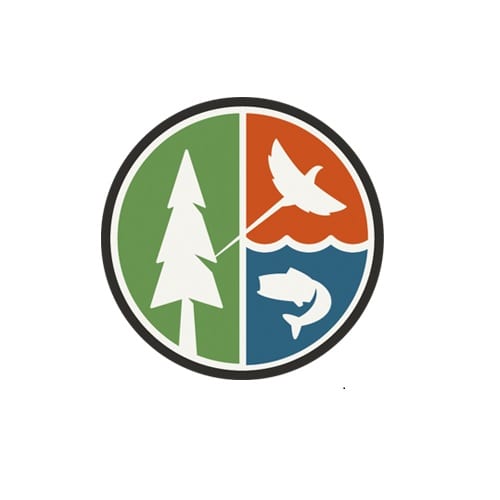Duck hunters select from two bag limits when registering for HIP

Duck hunters again must choose between two daily bag limits when they register for their Harvest Information Program number this year.
Nebraska and South Dakota are entering the third year of a “two-tier” program for the regular duck season.
Tier I is a traditional six-duck bag limit with species and sex restrictions. Tier II is a three-duck bag limit with no species or sex restrictions.
HIP registration begins Aug. 1. During the registration process, hunters will be asked if they plan to hunt ducks. If they do, they will be prompted to select a tier. Hunters will be bound to that bag limit for the entire season.
The regulations will not apply to goose limits or during the early teal season, which have their own bag limits.
All hunters age 16 and older, including residents, nonresidents, lifetime permit holders, veterans and senior permit holders, are required to register for HIP if they plan to hunt migratory game birds in Nebraska between Sept. 1, 2023, and July 31, 2024.
Residents under the age of 16 are exempt from the HIP requirement only if they choose the Tier I bag limit. All hunters must register for HIP if selecting Tier II. All nonresidents, regardless of age, must register for HIP for either tier.
Hunters who choose the Tier II option will be provided a journal, where they will record information on hunting activity and harvest. The journal will be submitted to the Nebraska Game and Parks Commission at the end of the hunting season.
In addition, postage-paid envelopes will be provided to most Tier II hunters with the expectation that a wing from each duck harvested be sent. This process is crucial for federal collection efforts when estimating harvest. Duck harvest and species composition then will be compared to hunters using the Tier I option. If enough wings are not received to evaluate the harvest by Tier II hunters, the program will be unlikely to continue past the experimental phase.
New this year, starting Aug. 1, hunters must register for HIP through their permit system customer profile at GoOutdoorsNE.com. Registered hunters are assigned a number they must carry with them while hunting. Learn more at OutdoorNebraska.gov.
HIP, which is required by federal regulation of the U.S. Fish and Wildlife Service, helps wildlife managers estimate the number of migratory game birds harvested each year. Migratory birds include doves, ducks, geese, snipe, rail, coots and woodcock.
The two-tier program will continue for the next two seasons, and then be reexamined to determine whether it affected waterfowl hunter numbers and duck populations.
The post Duck hunters select from two bag limits when registering for HIP appeared first on HuntingLife.com.
